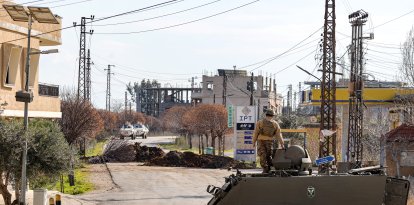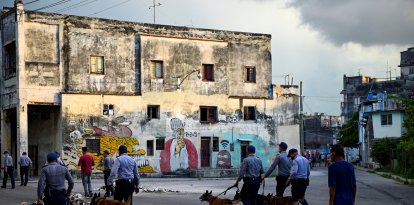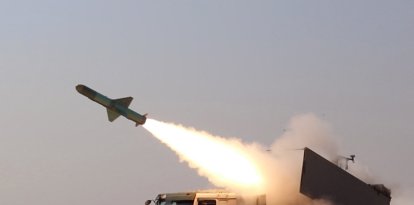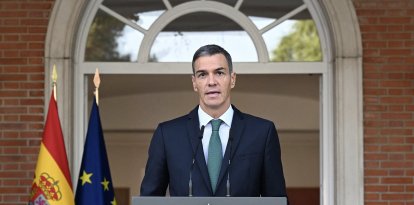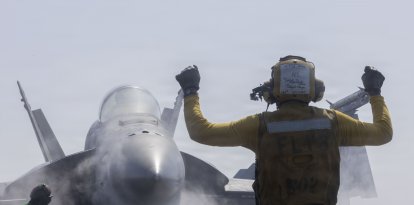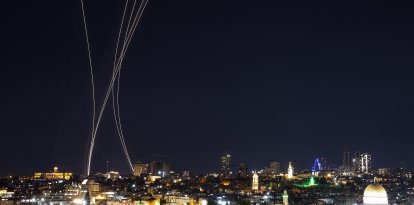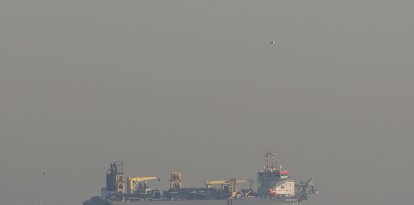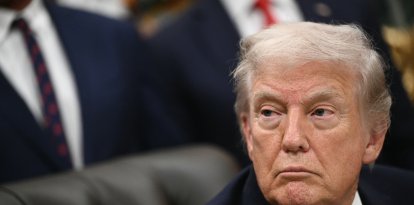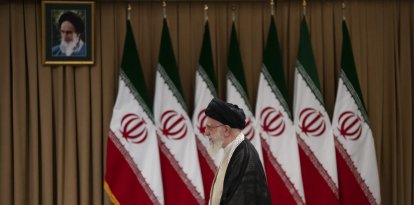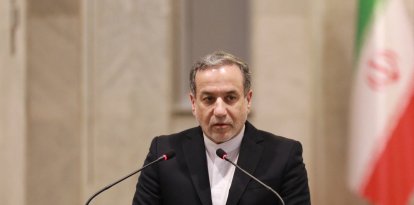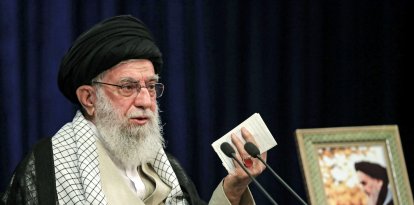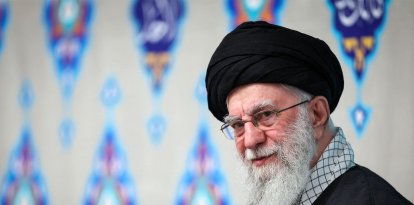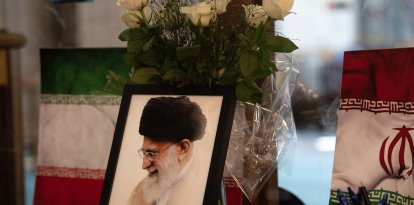Rafael Ramírez and one of Hugo Chávez's first cousins cemented the great fortune of the late Venezuelan president
A journalistic investigation reveals how the president's collaborators diverted money from public bonds to accounts in tax havens.

Wikimedia Commons
Ten years after the death of Hugo Chávez, the news continues to release articles and reports on the immense fortune he made during his time in office, while the whereabouts of this money remain mostly unknown. Recently, new investigations by the Venezuelan newspaper El Nacional have brought to light how he managed to accumulate this tremendous fortune. Rafael Ramírez, president of PDVSA and one of the closest collaborators of the late president, who is hiding out in Italy, played a key role in this scheme. Ramírez designed the scheme of joint ventures for the exploitation of Venezuelan oil.
In 2007 the oil corporations Chevron-Texaco, Statoil, Total, BP, ENI, Sinopec and INE Paria, firms that had participated in the oil opening, had to join the mixed company scheme if they wanted to continue doing business in Venezuela. The then president of PDVSA assured that with this plan the country would go from producing 3.1 million barrels per day to 5 million barrels per day. The reality is that today, according to OPEC, the country produces less than 700,000 barrels per day.
These companies and others would have to become partners with PDVSA, but could not do so if they did not first pay bonds created for this purpose under the popular and attractive name of 'bonos de la República' (bonds of the Republic). With no shame and full of pride, Ramírez assured that this operation would bring $5.73 billion directly into the Venezuelan government's hands through the National Treasury. According to the law and reported by El Nacional, had they "delivered it to PDVSA or to another national entity, they would have committed a flagrant crime by violating the constitutional principle of the unity of the Treasury." Let's not forget that PDVSA is an independent entity, separate from the Venezuelan government.
However, the famous 'bonds of the Republic' were not delivered either to the government or to PDVSA. Ramirez, according to this investigation, wrote to the main managers of each of these companies informing them that the payments would have to be made to an account of the Portuguese bank Espirito Santo on the island of Madeira. According to the document which El Nacional accessed, the account is PT50 0007 0903 0009 5082 00118 The Swift code is BESCPTPLOSF, Banco Espirito Santo, Madeira Branch. The legal offices of these oil companies were surprised that they had to send money to a bank account in a tax haven but concluded that any responsibility would fall on Rafael Ramirez, who signed the letter.
The Russian company Rosneft deposited $440 million. PetroVietnam deposited $500 million while the Italian ENI stashed away $646 million. The Chinese CNPC put away $900 million and Gazprombank (Russian) set aside $76 million.
The investigation concludes that this encrypted account was owned by Commerchamp, a company based in Panama, another tax haven, whose chairman and president was Asdrubal Chavez, first cousin of President Hugo Chavez, former president of Pdvsa Refineries, Citgo, and president of Pdvsa, recently ousted from this position together with Tareck el Aissami. The coordinators of these transactions to Banco Espirito Santo were Álvaro Ledo Nass, lawyer and secretary of the Board of Directors of PDVSA along with Carmelo Urdaneta, who worked for PDVSA's Legal Department. Both have already appeared before the U.S. Courts. Ledo Nass was convicted by a Florida court for diverting more than $550 million from the Venezuelan government through corrupt foreign exchange deals. Urdaneta turned himself in and pleaded guilty to the crime of criminal association to commit money laundering.













